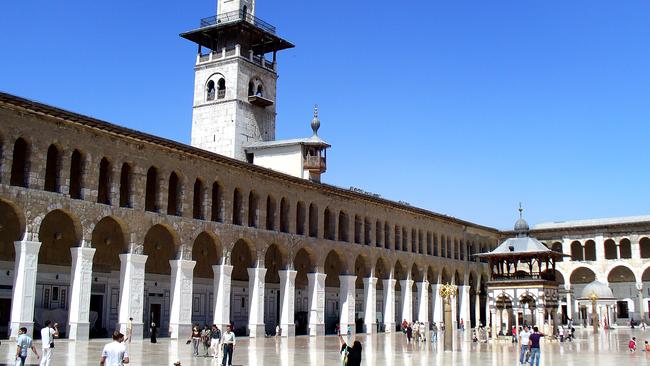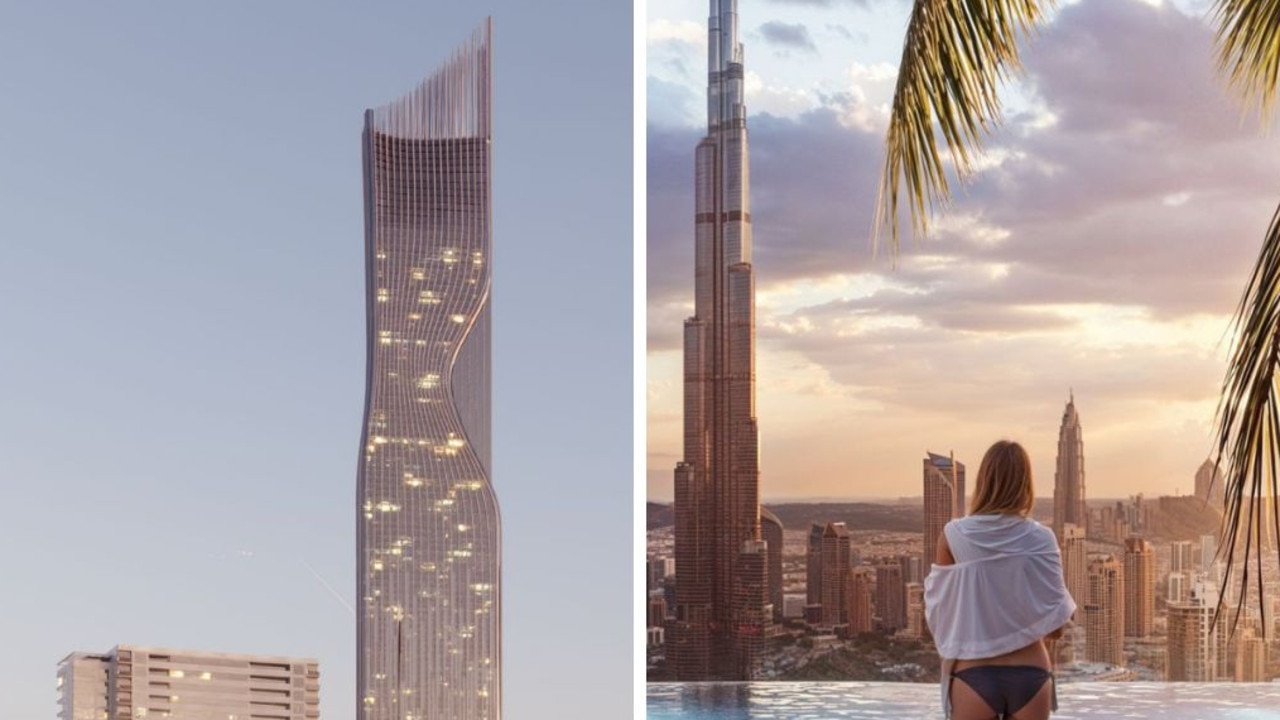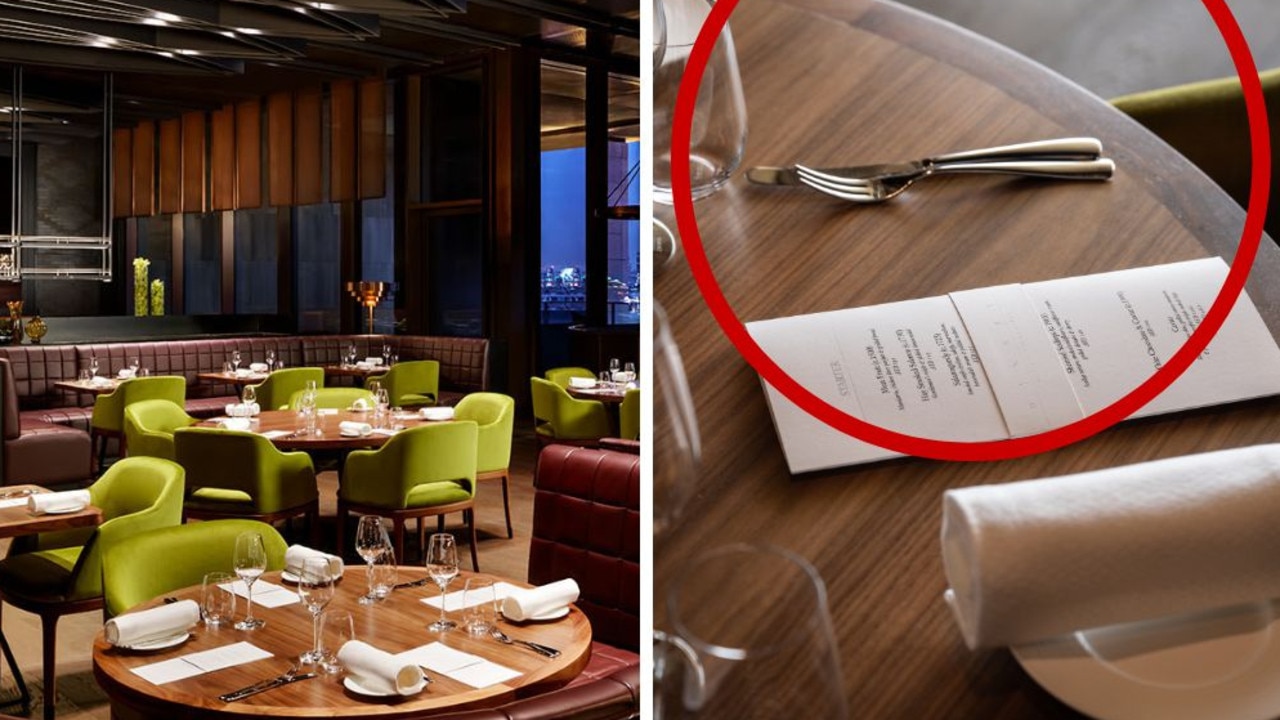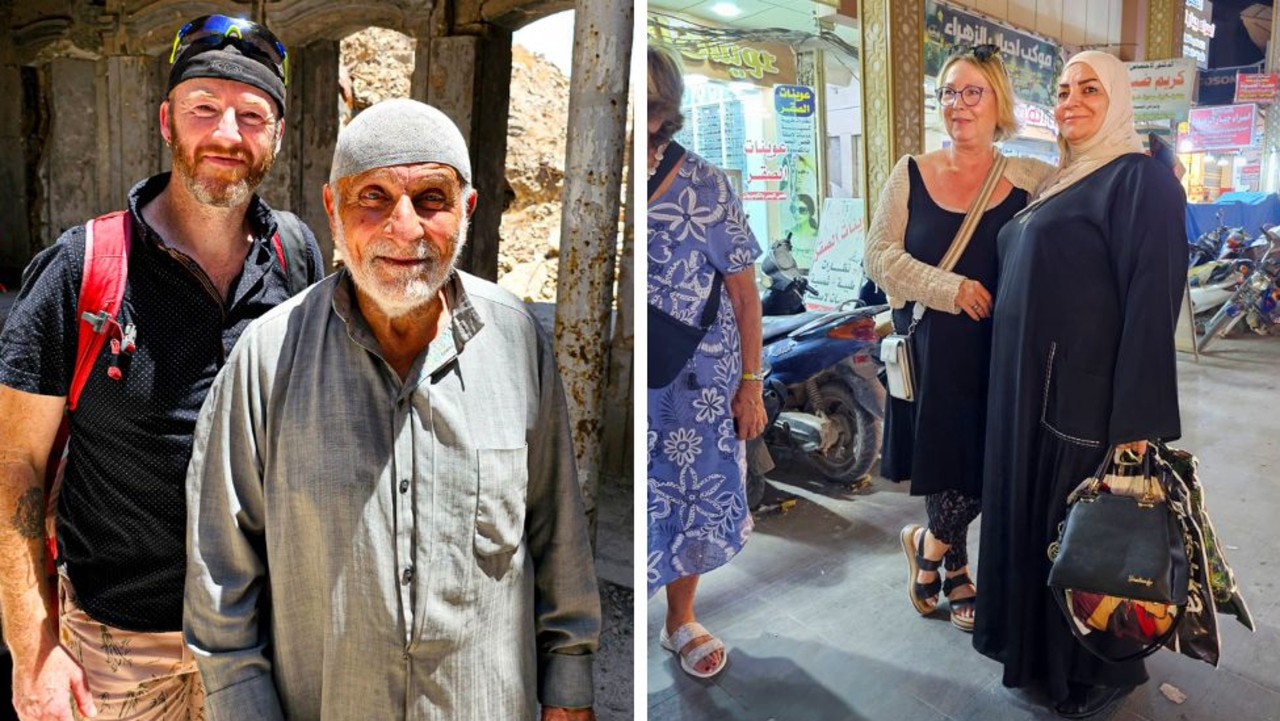Once-beautiful cities of Syria are now shadows of former selves
IT WAS once a thriving urban capital filled with leafy streets and trendy restaurants. It’s since become hell on Earth.

PICTURESQUE tree-lined streets, rooftop restaurants, bustling markets and architecture steeped in history. This was a city worthy of its label as a thriving urban oasis.
But sadly, it’s a distant memory for those who remain in the Syrian capital of Damascus. The Syrian people are not the only ones who’ve been ravaged by conflict; the country’s capital has crumbled under the unbearable weight of war. Damascus is one of the oldest continuously inhabited cities in the world, but as the civil war in Syria enters its fourth year, much of the city’s 5000-year history is being destroyed, slowly buried by rubble. Waref Abu Quba, grew up in a place called Altal, a small town outside Damascus and knows first-hand the heartbreaking destruction of his home town. “Of course it’s sad,” he told news.com.au. “Damascus has changed in other ways. You will see the city is controlled. Travel that would’ve taken you 15 minutes before will take you two hours now because there are so many checkpoints,” he said as he looked back on his time in his homeland. He was once so enamoured with the city’s beauty that he set out to showcase it in his documentary In Damascus. The film was shot in February and March of 2011, just as unrest was beginning to bubble to the surface as the Arab Spring spread across Middle Eastern countries. He escaped the country as the rebel uprising against the Assad regime plunged the country into war. The film wasn’t released until 2014 but, years on, the pictures show a starkly different Damascus. Waref Abu Quba left Syria in 2011 and moved to Jordan and then Dubai before seeking asylum in Germany. “I lived there 10km from Damascus. I studied and lived there for a while. It’s a part of my life,” he said. “I started filming in February and March. The initial idea was to make something beautiful about Damascus. There was not violence or bloodshed in Syria at that time.” Today, the war has claimed over 220,000 lives, according to United Nations estimates. “I am horrified by the total disrespect for civilian life in this conflict,” UN aid chief Stephen O’Brien said this week after a deadly air strike on a market in Damascus, which killed at least 110 people. Films such as In Damascus have become indelibly important in preserving the memory of Syria as the war shows no signs of slowing down. “Through those three years, I developed it to show a beautiful side of Damascus. To have a message about the war and the events that are going on right now,” Mr Abu Quba said. While Damascus has seen plenty of fighting, the surrounding areas haven’t escaped the turmoil either. In fact, the filmmaker believes it’s been worse in other parts of the country. “Damascus wasn’t as badly affected by the war as some other places,” he said. “The regime is keeping it as clean as possible so that when the UN asks they can see that war is not so bad. But if you go like 1km outside of Damascus you will see the destruction.” More than 160km to the north of Damascus, Syria’s third largest city, Homs, has all but slowed to a standstill due to the violence. While Syria’s largest city, Allepo, has suffered immeasurable damage earning it the title of “Syria’s most war-torn city”. As for Mr Abu Quba, it’s not hard to see why his film is considered to be so important. “I published it online and social media and it was well-received. It went viral. I think due to the fact that there wasn’t an artistic film talking about Damascus,” he said. “If I published this four years ago, it wouldn’t have had the same attention. Due to the war, it was well-received.” Mr Abu Quba would like to return home and help rebuild his country and return it to its once-beautiful state. However, he is not hopeful the war will end anytime soon. “It’s hard to say. If there isn’t a true movement against the Assad regime, the situation will stay as it is. Without international attention, it will continue to be divided,” he said. “I would like to go back. Every day we listen to the suffering of the people. We have a lot of friends who died for the revolution.”




